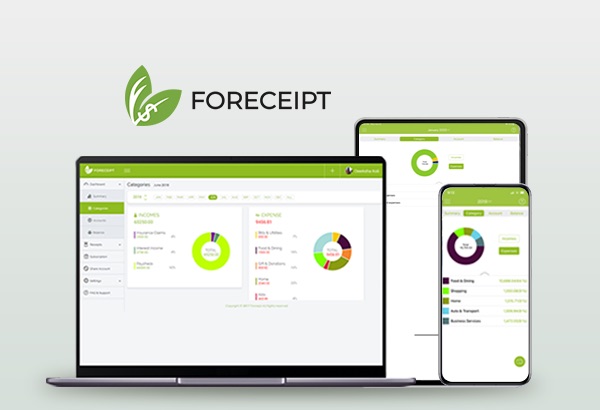If you’re self-employed in Canada, June 16, 2025 is a critical date to mark on your calendar. While most Canadians file their taxes by April 30, self-employed individuals (and their spouses or common-law partners) get an extension until June 15 to file their income tax return. Because June 15 falls on a Sunday this year, the CRA considers your return filed on time if it’s received by Monday, June 16, 2025. If you owe money, you will still need to pay by April 30, 2025, to avoid interest. Thus, it means filing promptly is still essential to minimize penalties and stay in good standing with the CRA.
What You Need to Do Before June 16
To file confidently and avoid any last-minute stress, here’s a quick checklist:
1. Gather your income and expense records
Include invoices, bank statements, and receipts for anything business-related. Every dollar of income must be reported, and every eligible expense helps reduce your taxable income.
2. Organize your expenses using CRA categories
Categories like office supplies, travel, advertising, and vehicle expenses should match CRA’s small business reporting standards. If you’re not sure how to label something, CRA’s guide for self-employed individuals is a good resource.
3. Use a tool like Foreceipt to stay organized
Foreceipt makes tracking your receipts effortless. Just snap a photo of any receipt and let our AI-powered app extract the details. Expenses are stored securely in the cloud and automatically categorized based on CRA-approved tax categories. When it’s time to file, simply generate a tax-ready report and share it with your accountant or upload it into your software.
4. File your return on time
Whether you’re using tax software or working with an accountant, don’t leave filing until the last minute. Even if you can’t pay your balance immediately, filing on time avoids costly late-filing penalties.
5. Plan for next year
If you owed a large amount this year, consider setting aside 25-30% of your business income for future taxes. Foreceipt can help you monitor your income and expenses monthly, so you’re never caught off guard.
Why Staying Organized Matters
Disorganization doesn’t just cause stress—it can cost you money. Missed receipts mean missed deductions, which means you could be overpaying. Foreceipt stores your receipts securely for up to 7 years, which helps if you’re ever audited. Our built-in CRA-compatible categories mean your expense reports align neatly with the T2125 form you need to file.
Final Thoughts
The June 16 deadline might feel like a grace period, but it’s a great opportunity to build better habits that benefit your business long term. With Foreceipt, you can keep your finances organized year-round—not just at tax time.
Ready to simplify your tax filing and take control of your finances?
Sign up for Foreceipt today and turn tax season into a stress-free experience.
Disclaimer: This blog post is for informational purposes only and does not constitute tax advice. Please consult a professional accountant or the CRA for personalized guidance.

